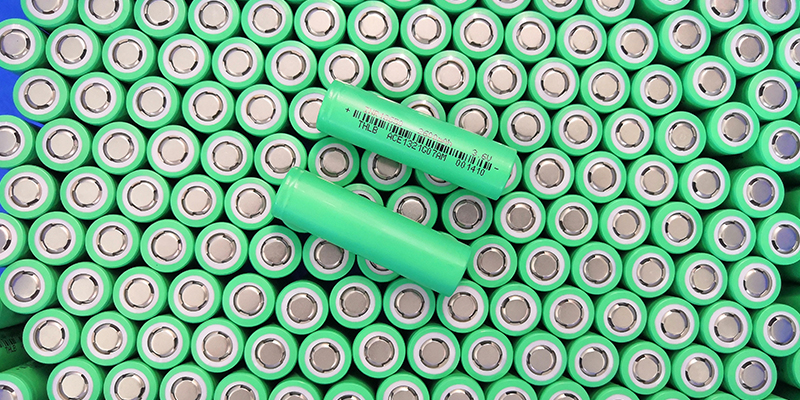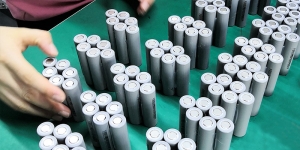Are 18650 batteries lipo or lifepo4
Are 18650 Batteries LiPo or LiFePO4? Understanding Battery Chemistry
The 18650 battery format is popular due to its standardized size and high capacity, making it a favorite in various applications, from laptops and power tools to electric vehicles and renewable energy storage. However, there is often confusion about whether 18650 batteries are made with LiPo or LiFePO4 chemistry. This article clarifies this confusion and discusses how Himax Electronics contributes to providing high-quality battery solutions.
What is an 18650 Battery?
The term “18650” refers to the physical dimensions of the battery—18mm in diameter and 65mm in length. This designation does not specify the chemical composition of the battery, which can vary. Common chemistries for 18650 batteries include Lithium-Ion (Li-Ion), Lithium Polymer (LiPo), and Lithium Iron Phosphate (LiFePO4).
Distinguish between LiPo and LiFePO4 18650 battery chemistry.
-
Lithium Polymer (LiPo):
-
Composition: LiPo batteries use a lithium salt dissolved in a polymer composite.
-
Characteristics: They are lightweight and can be made in various shapes, which is why they are often used in radio-controlled equipment and portable devices. LiPo batteries provide high discharge rates and a moderate energy density.
-
Safety: LiPo batteries are more susceptible to physical damage and can present a fire risk if punctured or charged improperly.
-
-
Lithium Iron Phosphate (LiFePO4):
-
Composition: LiFePO4 batteries are a type of lithium-ion battery that uses lithium iron phosphate as the cathode material.
-
Characteristics: LiFePO4 batteries are known for their robust safety profile, long cycle life, and stability. They offer lower energy density than LiPo but excel in safety and longevity.
-
Safety: LiFePO4 batteries are considered safer than many other lithium batteries due to their thermal and chemical stability.
-
Are 18650 Batteries Commonly Made with Li-ion or LiFePO4 Chemistry?
While 18650 batteries were traditionally made with lithium-ion chemistries, including variants like LiCoO2 (Lithium Cobalt Oxide), and LiFePO4 chemistries in this size. However, LiFePO4 chemistry in an 18650 format is less common due to its lower energy density, which doesn’t always align with the compact energy storage needs that 18650 batteries typically fulfill. Most LiFePO4 batteries(LIFEPO4 BATTERY) tend to be larger to compensate for their lower energy density.
Choosing the Right Chemistry with Himax Electronics
Himax Electronics provides expertise in determining the best battery chemistry based on your application requirements:
-
Application Assessment: Himax helps evaluate the specific needs of your application, whether it’s high energy density for consumer electronics or stability and longevity for energy storage solutions.
-
Safety and Compliance: Himax ensures that all battery solutions meet rigorous safety and compliance standards, which is particularly important when choosing between LiPo and LiFePO4 chemistries.
-
Custom Solutions: For applications requiring specific energy storage criteria, Himax can develop custom battery solutions that optimize performance, safety, and cost.
Conclusion
Understanding whether an 18650 battery, LiPo, or LiFePO4 involves knowing the specific requirements and limitations of your application. While LiPo may be suitable for high-performance needs, LiFePO4 offers advantages in safety and cycle life, making it ideal for long-term and high-reliability applications. Himax Electronics is dedicated to providing tailored battery solutions that meet the unique needs of each customer, ensuring optimal performance, safety, and reliability.
For more information on selecting the right battery chemistry or to explore Himax Electronics’ range of products and services, visit their website or contact their support team.





